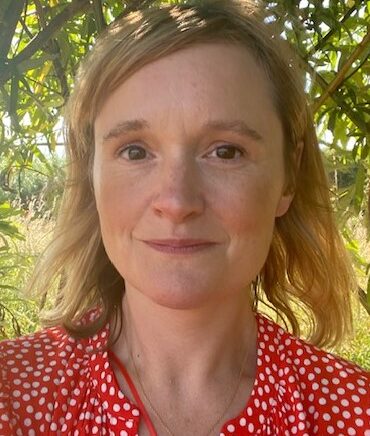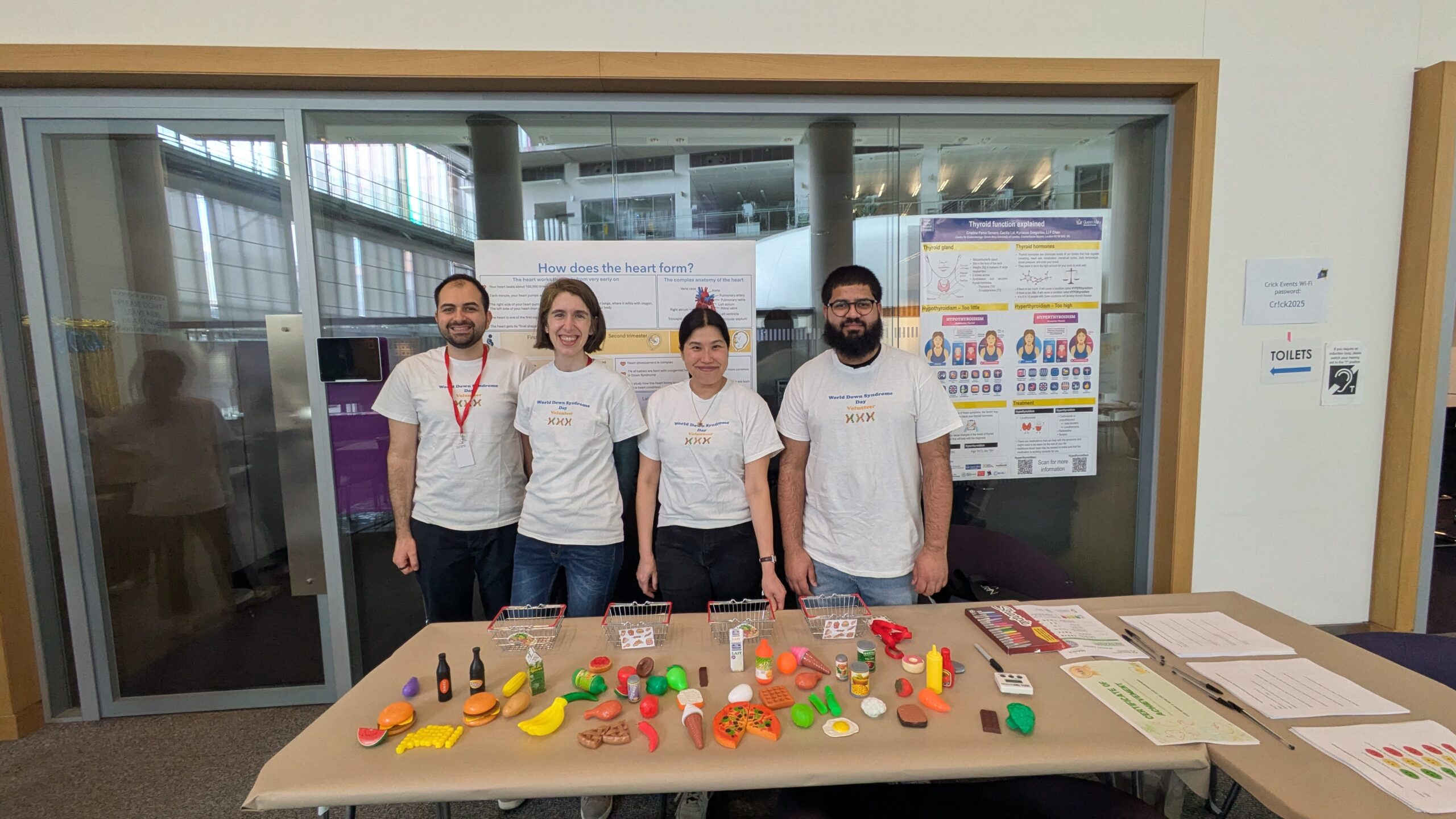Since Daphne Jackson Fellowships opened to the Arts and Humanities in 2020, six fellows have seized the opportunity to re-enter the research workforce.
Challenges for Returners
Arts and Humanities fellows face many of the same difficulties in returning to research as those in STEM, including a loss of confidence.
Former English Literature Fellow Dr. Ainsley McIntosh says that during her career break, “my confidence was at an all-time low and I felt very lost about my identity as a researcher.”
While they may be able to continue publishing, Arts and Humanities researchers find there are few routes to return to paid research.
In humanities, you don’t see many people coming back to research. The concept of a returner is less understood, and you can often be put into boxes which aren’t quite right,” says former History Fellow Dr. Christina Anderson. “In my line of research, having a salary is important because, unlike with the honorary position I held during my break, people will take you more seriously. This means you have access to more opportunities.”
The Daphne Jackson Trust’s unique combination of mentorship and funding provides a crucial re-entry point for Arts and Humanities researchers.
New Kinds of Research
Re-training is a key part of any Daphne Jackson Fellowship. In the Arts and Humanities, this training allows our Fellows to push the boundaries of research in their fields and imagine research outputs beyond standard publications.
Dr. Kerry Francksen, Fellow in Dance at Coventry University, plans to use her retraining in virtual reality and artificial intelligence to understand, “the transmission of a moving, breathing dancer’s bodily movements into streams of data for technological processing.”
At the University of York, History Fellow Dr. Lynsey Cullen has accessed both training and “360 filming equipment from the Creativity Lab to workshop an idea for a short virtual reality film.”
And Christina will use virtual reality as part of her UKRI Future Leaders Fellowship at UCL to build, “a new framework for understanding the way in which a city’s history is inextricably bound up with those of the places to which it was connected.”
Arts and Humanities Fellows also find that the networking and collaboration of a Daphne Jackson Fellowship encourages them to think creatively about how they can integrate disparate fields.
For Ainsley, now an Advanced Research Fellow at the University of Aberdeen’s Walter Scott Research Center, the Daphne Jackson Fellowship pushed her to look for connections between the Humanities and Sciences. She is currently “working with researchers in psychology on a Robert Louis Stevenson and mental health project.”
What a Daphne Jackson Fellowship Can Do for You
Daphne Jackson Fellows find their career trajectories transformed by their Fellowships. But they also find that the break from research gives them new perspectives.
Kerry would tell future applicants, “You still have so much knowledge and expertise to offer, and a wealth of additional life experience, too. This is invaluable for making a difference in all areas of research and beyond.”
Lynsey says, “I’ve just learned to be audacious. What have you got to lose?”
From funding and mentorship to retraining and collaboration, Daphne Jackson Arts and Humanities Fellowships are bringing skilled researchers back to work and pushing the boundaries of what the Arts and Humanities can do.
Could a Daphne Jackson Fellowship be right for you? Take a look at our Current Opportunities.



